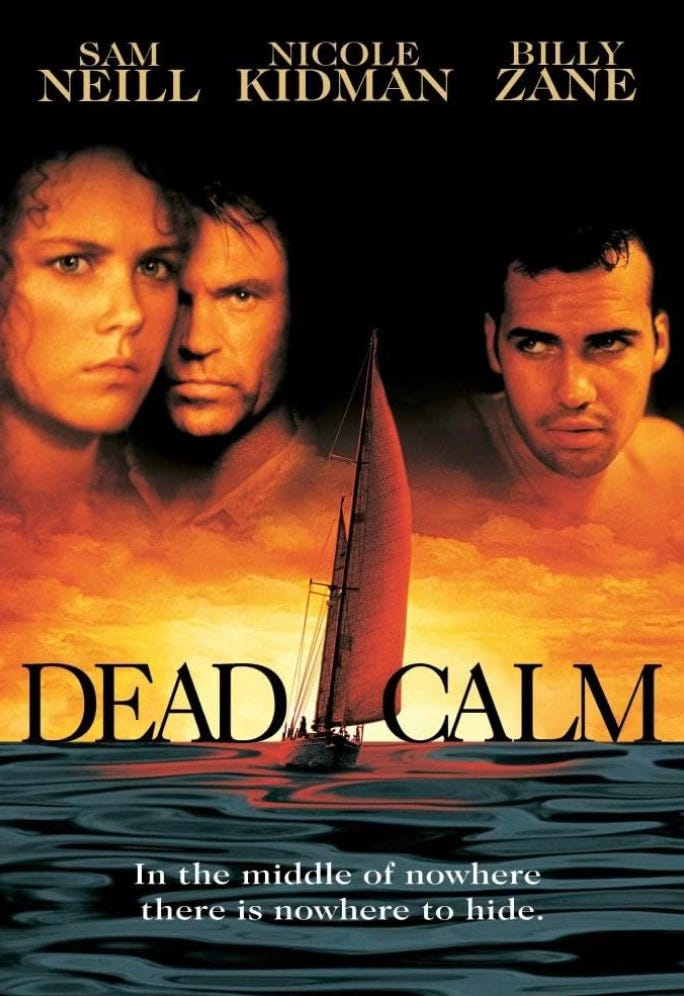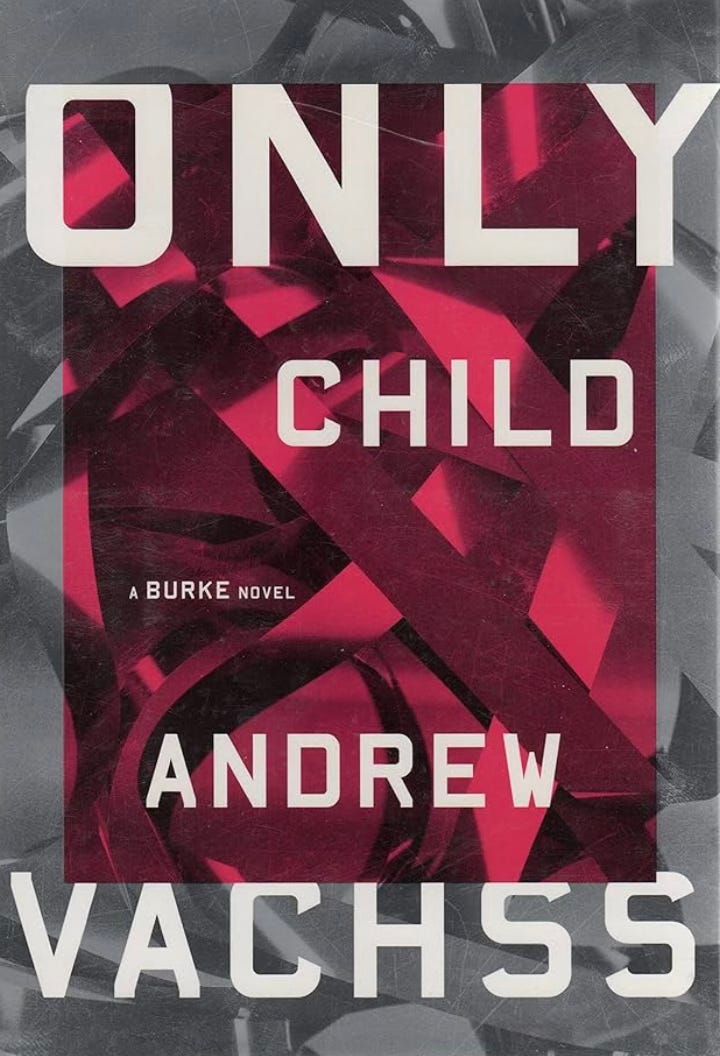Recently I was asked to contribute a horror short story to a horror anthology. I’ve never written horror and didn’t even think I liked horror. Visions of Freddy Krueger danced before my eyes. Blood and guts, and gore—no thanks. Then I did a little research and learned that, like the crime fiction genre with subgenres, horror also has subgenres. And I realized I do like horror—more realistic horror and psychological horror. Shirley Jackson’s brand of horror (The Lottery) and movies like Dead Calm (one of my favorites and Nicole Kidman’s breakthrough film).
A few caveats accompanied the short story request: the story had to be inspired by a German Expressionist film made between 1919 and 1933. I chose Fritz Lang’s first “talkie” M, with Peter Lorre as a babyfaced serial killer (also considered the first serial killer film).
In M, Peter Lorre preys on children. In my story, “Sandman,” the serial killer preys on children as well. It’s not a story I could have written when my son was a kid. I couldn’t even read The Lovely Bones until he was well beyond the age of the protagonist of Sebold’s novel.
Working on this story brought to mind the late novelist Andrew Vachss, a crime novelist and attorney whose work was all about getting pedophiles and people who preyed on children behind bars. (If you ever read the old Parade magazine that came with the Sunday paper, you’ll remember him as a columnist with a patch over one eye.) He was the inspiration behind the “Oprah Bill” and his wife was the force behind the Special Victims Bureau.
His novels focused on children. I had the privilege of interviewing Vachss twice on Writers on Writing. In writing “Sandman,” I’ve thought of him quite a bit and want readers to remember him. Here are my two interviews with Vachss. I never met Vachss in person but I miss his presence on the planet and the work he did via the courtroom and his fiction. On the show he said his novels did more good for children and putting bad guys behind bars than his pro bono work in the courtroom. He died two years ago, at the age of 79. I think of Vachss and how he believed crime fiction was more than entertainment and want that for my own fiction, to entertain, but to also do more.





